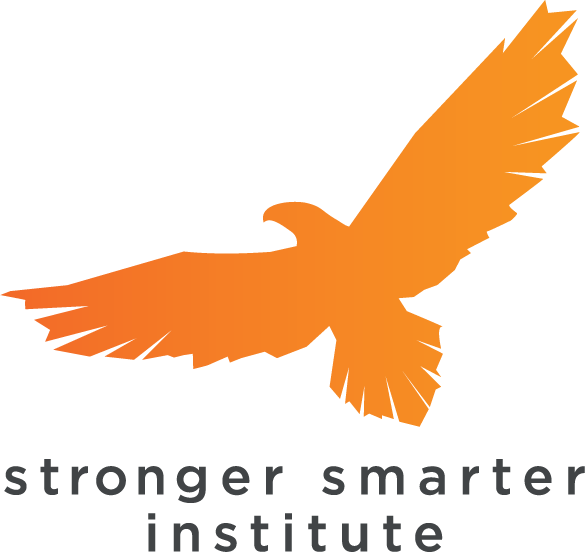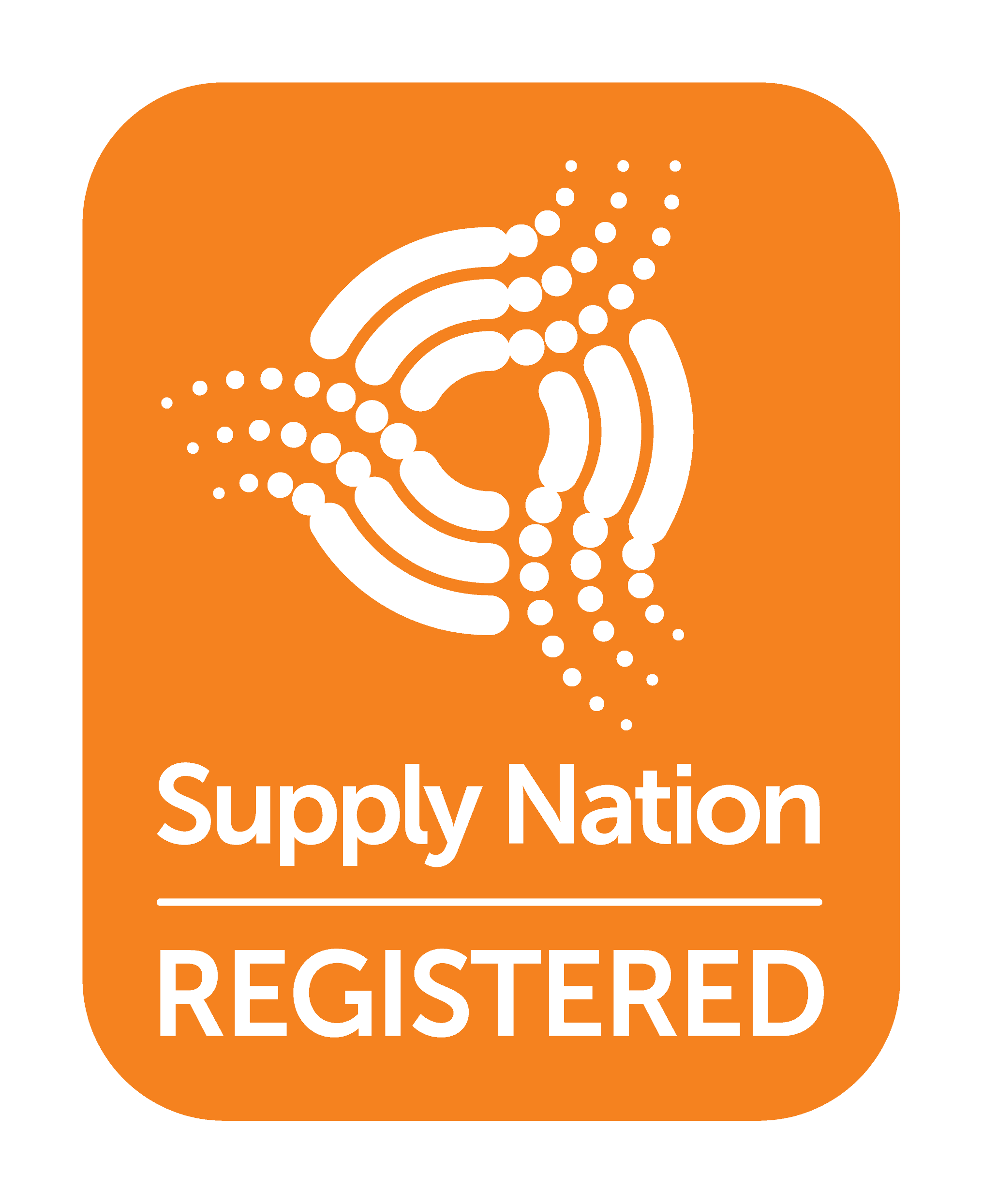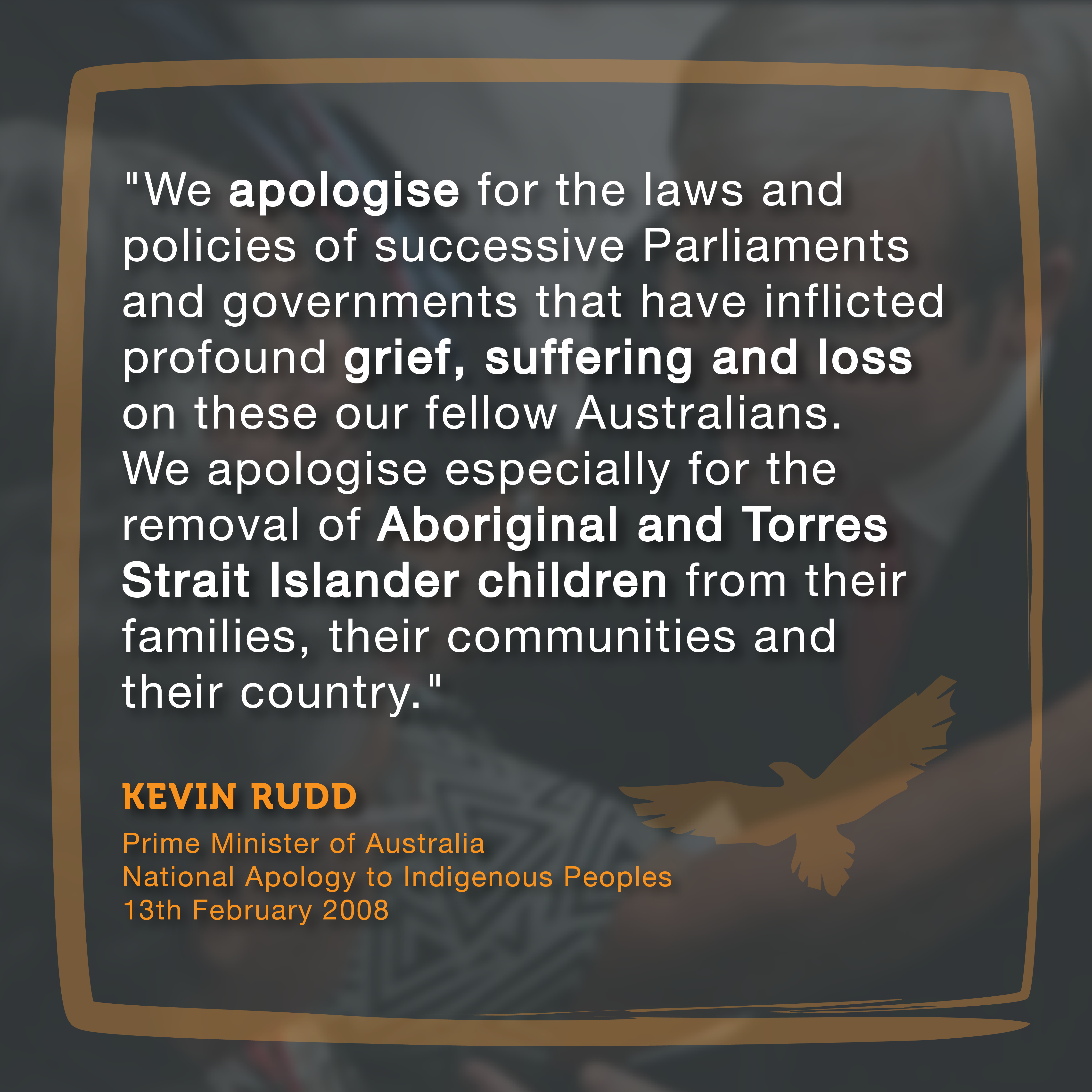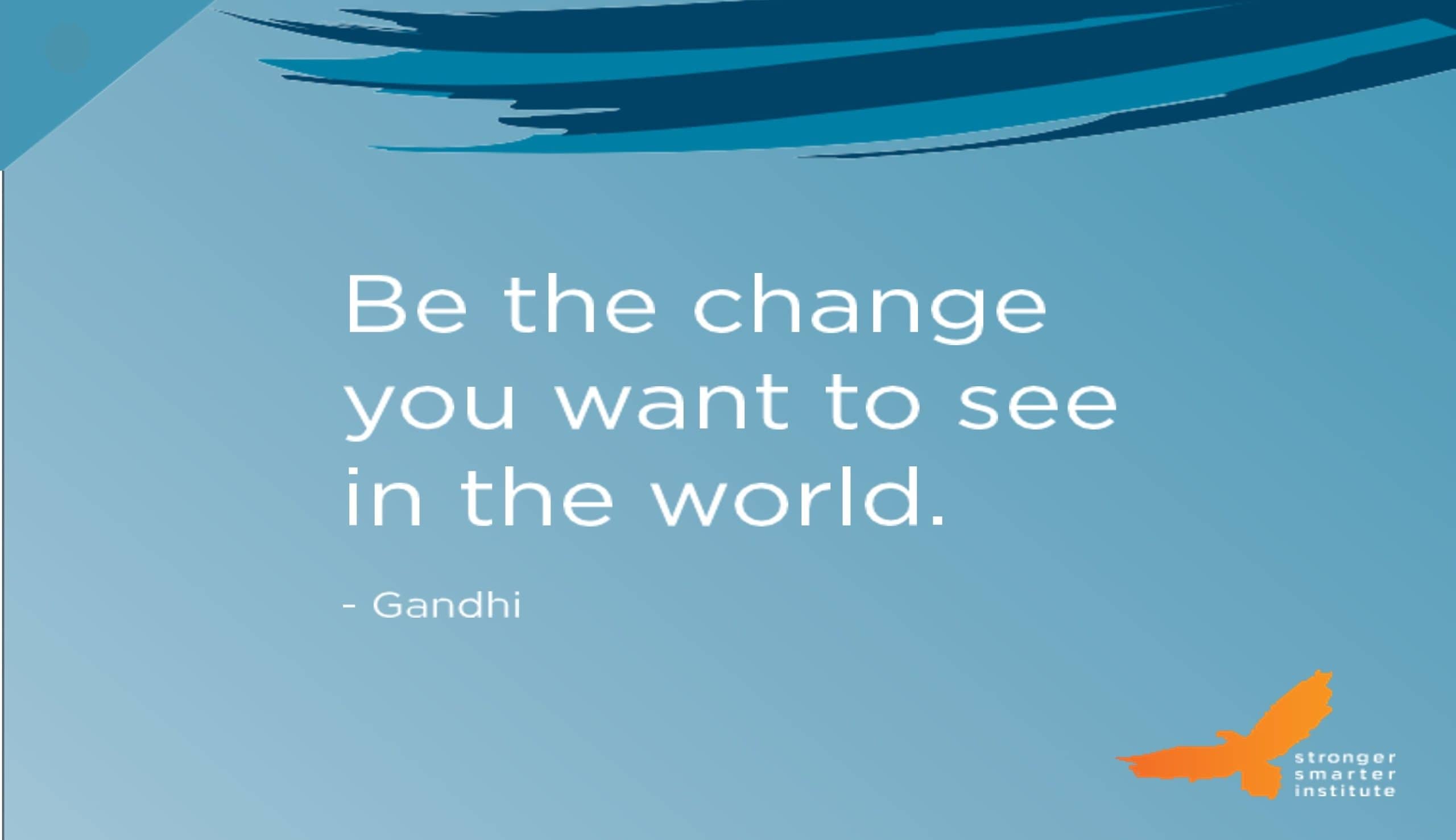17/02/2022
The Stronger Smarter Approach (SSA) is grounded in the belief that every educator can make a difference to the Aboriginal and Torres Strait Islander students in their classrooms. Our programs ask participants to find their own space where they can challenge the status quo and uncover their own role in a collective ‘responsibility for change’.
This is exactly what is happening in schools. Almost all (97%) of alumni who responded to our 2020 Census survey who teach in schools said that after attending the Stronger Smarter Leadership Program (SSLP), they had made some changes to the way they teach. For 77% of Census respondents, these changes were embedded and ongoing.
77% Of all respondents had changed the way they teach on an ongoing basis after attending the SSLP.
Our Census results suggest that this change in classroom practice starts with a shift in thinking. Respondents talk about a ‘change of outlook’, or a ‘change in attitude’ in both themselves and others as ‘subtle changes in thinking that are crucial to social change’.
High expectations culture

There are several components to this ‘change in attitude.’ Firstly, it is about being aware of assumptions and holding a growth mindset – a commitment to Strong and Smart.
91% Of teachers said they had adapted their classroom practice to promote high expectations on an ongoing basis after attending the Stronger Smarter Leadership Program
Alumni talk about the gradual shift to a high expectations culture in their schools with a collective language for being positive. They describe this as turning negative talk around and flipping the thinking to look for strengths and possibilities. Deficit thinking is replaced by solution-based discussions and a respectful, strength-based approach of ‘always looking for the best outcomes for every person in the organisation’.
This shift in thinking or ‘doing things differently’ is translating to classroom practice. Alumni who said they had changed the way they teach had also changed the way they build relationships with students, adapted classroom practice to promote high expectations, and adapted curriculum to make it more culturally responsive.
Responsibility for change

The second component of this shift in thinking is an increased confidence, belief, or determination, and a ‘can do’ mentality. Alumni also describe this as courage and creativity.
Alumni talk about ‘speaking up’, being more confident to have challenging conversations and feeling empowered to involve people in High-Expectations Relationships. This is both non-Indigenous staff speaking up ‘when presented with ongoing colonisation or racism’ and Aboriginal Education Workers reporting increased confidence that their voice is being heard in the school. This is described as an internal motivation to ‘make a difference’, and not walking past a standard we wouldn’t accept.’
Shifting the Conversation

The third area where alumni talk about ‘thinking and doing things differently’ is in the way they communicate with others. Many describe ‘active listening’ with a greater ability to ‘be still and listen to others’, greater patience, and slowing down the conversation. This comes with a better understanding of self, being more curious and with less need to talk or give an opinion.
Alumni describe how, as they became more willing to listen and take on multiple perspectives, they are also more open to feedback and more open and willing to accept change.
At the Stronger Smarter Institute, we believe these subtle changes in thinking and workplace behaviours are an essential underpinning to successful school improvement strategies for our Aboriginal and Torres Strait Islander students. Our Census results show that alumni are rising to this challenge or rejecting the status quo and uncovering their own role in ‘responsibility for change’.
Explore further: Responsibility for Change | Stronger Smarter





